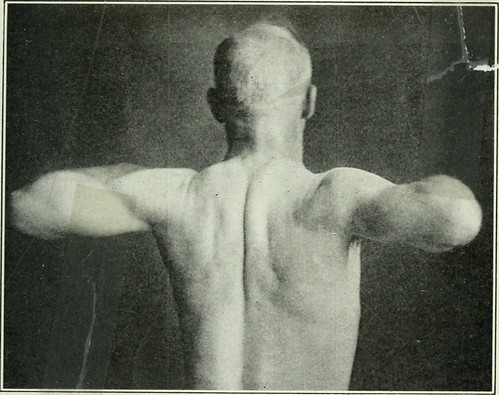Frequency Versus Intensity

“Exercise more often” is the single most important thing I would say to someone who doesn’t exercise. It doesn’t have to be hard. Even if it is very brief, just start. Just do. Otherwise, you won’t, then you won’t again. Then again. Before you know it, the one thing you haven’t done is exercise. That’s what it is like for me. I go through two weeks of “crushing it old skool style" - running up hills, biking hard, swimming in cold water. Then something would happen and I’d miss a day or two. No worries. I’ll go tomorrow. Or the next day. Then I found I was starting from scratch all over again. I always thought it seemed to take three weeks to get into the habit of exercise and then another three weeks to notice any changes in waistline, energy etc. The thing was though, looking back at my exercise data (I track a lot of things), I don’t think I ever gave it six weeks to take.
“three months? I’ve never really stuck to anything for three months.”A little while ago, I was reading yet another study how training intensely for short periods is more or as effective as training for longer periods. Unfortunately, it doesn’t really work because no one likes doing really intense training even though the one reason people don’t exercise is because they say they it takes too long. Yet, given a way to get the same benefits quicker people still weren’t doing it because, simply put, intense training (or “interval training”) blows. Or sucks depending on how you see it. Of course it works for competitive, elite athletes because they have coaches yelling at them constantly. This recent study sought a way to make interval training less daunting thus more likely to succeed. What they came up with was 10-20-30 which is shorthand for exercise lightly for 30 seconds, then for 20 seconds go fast, then for 10 seconds give it everything you’ve got. Do this four more times, then rest for 2 minutes, then do it again. Total work out: 12 minutes. For athletes who want to push themselves more, do 3-5 sets. The idea is to swap out 2 to 3 of your normal routines for this one, but never do it 2 days in a row. Here is the clincher, in about 3-1/2 months you should notice a measurable improvement in your health, fitness and abilities. Because it is easier to do than other types of interval training, the hope is more people stick to the plan.
My first thought was, three months? I’ve never really stuck to anything for three months. Lately there was an internet 100-day challenge with the idea that if you did something 100 days in a row you could accomplish anything. Learn a new language, learn to code, learn an instrument and become a better you. I’ve tried to learn javascript this way. Failed. French. Failed. Then I saw an ad for some kind of Bowflex-jack-in-the-box workout equipment. “You’ll see results in just 90 days or your money back!”. I mean, really, do any exercise for 90 days and you should see a difference, right? There was that number again. The oldest of Charles Atlas ads promised to make you a hunk of muscular man in 90 days too. Why is that number so important? Is it psychological or is it important for some other reason? I wondered if I could even do 90 days of exercise.
“Today was day 45.”Today was day 45. For 45 consecutive days I have either swam, run or biked for some kind of exercise. I’m not including riding to work because it’s not exercise. The briefest of workouts has been a 15-minute swim of 750 m. Another near 15-minute exercise was around a 3 km run. In general though, I have run between 5 - 10 km, swam 1000 - 1500 m or biked 20 - 100 km for 45 days in a row. Day 12 was already a milestone and I had thought I’d be lucky to get to 21 days. Then I thought it would be good to get to 31 days (the entirety of August). Now that I’m halfway, I can see some bumps ahead (busy days and travel days) but I’m determined to exercise either 90 days straight or at least get 90 days out of 100. Already, I’ve lost some weight (though not as much as you’d think) and on days when I’m busy, I’ve been getting up and exercising before work (uh, if you know me at all, you know how impossible that sounds) which have made for some long days (up at 6:30am, swam 1200m, at work by 9:30am, volunteering from 6pm until midnight). And I’ve just fallen prone to what I guess is a swimming related shoulder/elbow injury. It has led to fatigue, odd eating and showering schedules and little time for other things but I hope in 45 days to have transformed myself from someone who talked a good game to someone too busy to talk about games.
Have I done the 10-2-30 interval training? Yes but I think I've only managed it three times over 45 days - doing it just once a week in the last three.


0 Comments:
Post a Comment
<< Home